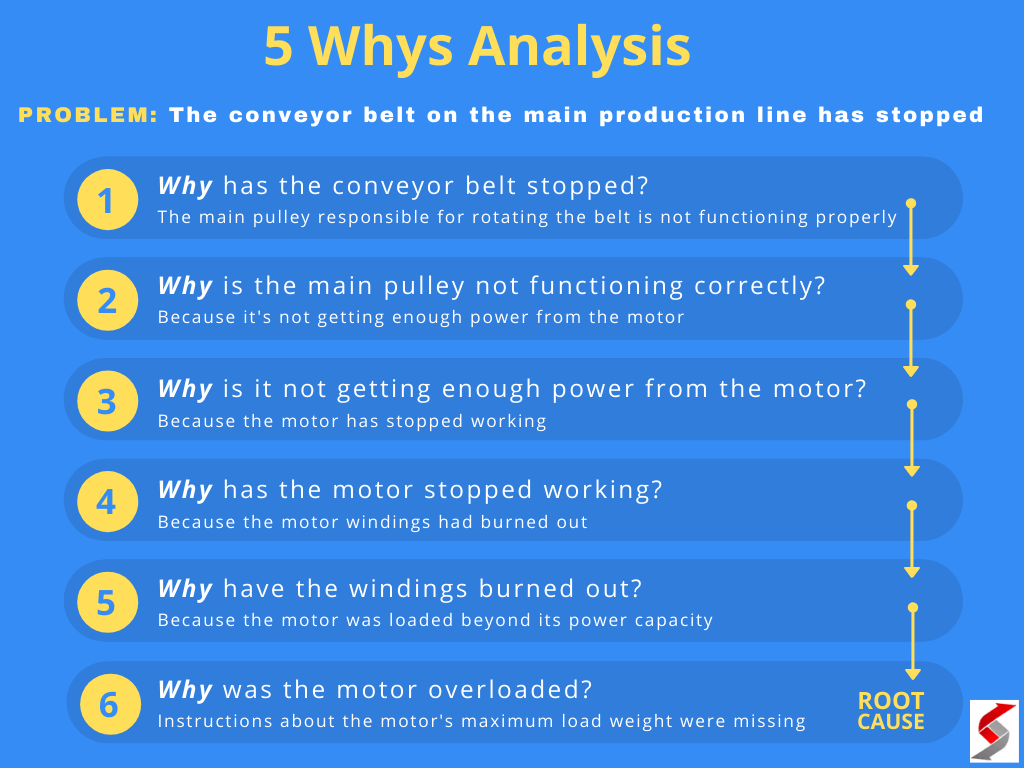Exploring Automotive Engineering: Opportunities, Innovation, and Impact

Introduction
Automotive engineering stands at the crossroads of technology, design, and global mobility. As vehicles evolve to meet the demands of safety, efficiency, and sustainability, this field continues to attract passionate innovators and problem-solvers. Whether you’re considering a career or seeking to understand its broader impact, learning why automotive engineering matters can open doors to a world of opportunity and advancement.
What Is Automotive Engineering?
At its core, automotive engineering is the branch of engineering focused on designing, developing, and manufacturing vehicles and their systems. It combines concepts from mechanical, electrical, materials, and software engineering to create cars, trucks, motorcycles, buses, and other modes of motorized transport. This multidisciplinary approach ensures that vehicles are safe, efficient, environmentally friendly, and enjoyable to drive [1] .

Source: digitalbloggers.com
Students and professionals in this field explore topics such as aerodynamics, powertrain systems, electronics, safety features, and alternative propulsion technologies. The field has expanded rapidly over the past decades, now covering not just traditional vehicles but also electric vehicles (EVs), autonomous systems, and advanced mobility solutions [4] .
Why Consider Automotive Engineering?
Automotive engineering offers a unique blend of intellectual challenge, creativity, and practical application. Here’s why it stands out:
1. Contribution to Innovation and Technology
Automotive engineers are at the forefront of technological advancement. Their work leads to safer, more efficient, and smarter vehicles. Recent developments include electric propulsion, advanced driver-assistance systems (ADAS), and the integration of artificial intelligence for autonomous driving. By joining this field, you become an agent of change-helping to define the future of mobility [1] [2] .
For example, automotive engineers working on electric vehicles tackle challenges such as battery range and charging infrastructure, shaping cleaner and more sustainable transportation [2] .
2. Diverse Career Opportunities
The automotive industry is one of the world’s largest economic sectors, providing millions of jobs globally. Automotive engineers can work in research and development, manufacturing, design, testing, and quality assurance. Opportunities stretch across sectors-OEMs (original equipment manufacturers), Tier 1 suppliers, motorsport, and even software development for vehicle systems [4] [5] .
According to recent industry reports, the field offers both national and international placements, with roles in fabrication plants, design studios, innovation labs, and testing facilities. The demand for automotive engineers remains robust, especially as the industry pivots toward electrification and automation [5] .
3. Real-World Impact and Societal Value
Automotive engineering directly influences daily life. Vehicles play a pivotal role in economic growth, enabling trade, commuting, and emergency services. Engineers in this field help reduce emissions, improve traffic safety, and make mobility more accessible. Their innovations contribute to safer roads, cleaner air, and more efficient transport systems [3] .
For instance, the adoption of advanced braking systems, crash-test optimization, and enhanced materials has significantly improved passenger safety over recent decades [3] .
4. Dynamic, Evolving Discipline
Automotive engineering is constantly evolving. New regulations, consumer preferences, and technological advances demand fresh solutions. Engineers must stay current with trends such as connected vehicles, smart infrastructure, and alternative fuels. This environment ensures a stimulating career with continuous learning and professional growth [2] .
Challenges-such as adapting to new emissions standards, integrating renewable materials, and harnessing digital simulation tools-provide opportunities to innovate and make a lasting impact.
How to Start a Career in Automotive Engineering
If you’re interested in entering this field, follow these practical steps:
Step 1: Educational Pathways
Begin with a bachelor’s degree in automotive engineering or a related field such as mechanical or electrical engineering. Coursework typically includes vehicle dynamics, thermodynamics, materials science, electronics, computer-aided design (CAD), and control systems [4] .
Many universities offer specialized automotive engineering programs. To find accredited programs, search for “ABET-accredited automotive engineering degrees” or visit the website of your country’s engineering accreditation board. You can also contact universities directly for program details and admission requirements.

Source: fogwing.io
Step 2: Gain Practical Experience
Internships and cooperative education (co-op) placements are crucial for hands-on learning. These opportunities allow you to work with real automotive teams, applying classroom knowledge to industry projects. To find internships:
- Check company career pages of automotive manufacturers and suppliers.
- Consult university career services for industry partnerships.
- Use job search platforms with keywords like “automotive engineering internship.”
Major companies such as Ford, General Motors, Toyota, and Tesla regularly offer internships and entry-level roles.
Step 3: Pursue Advanced Specializations
As the industry becomes more sophisticated, advanced degrees can provide a competitive edge. Master’s and doctoral programs focus on areas like electric vehicles, autonomous systems, or advanced materials. Consider enrolling in graduate programs or professional certifications in your area of interest.
Professional organizations-such as the Society of Automotive Engineers (SAE International)-offer workshops, networking events, and continuing education. Search for “SAE International membership” or similar professional groups to learn more.
Step 4: Stay Current and Network
The automotive sector values continuous learning. Keep up with industry journals, conferences, and technical forums. Networking with peers and mentors can lead to job opportunities and collaborations. Attend local and international engineering conferences, and subscribe to reputable publications like Automotive News or IEEE Transactions on Vehicular Technology.
Alternative Pathways and Related Roles
Not all roles require traditional engineering degrees. If you have a background in computer science or software engineering, opportunities abound in developing vehicle control software, infotainment systems, and cybersecurity solutions. The automotive aftermarket also offers careers in parts distribution, vehicle diagnostics, and repair technology [3] .
Technical colleges and vocational schools often provide diplomas or certifications in automotive technology, diagnostics, and repair. These programs can lead to technician or specialist roles supporting engineers and manufacturers.
Challenges and Solutions in Automotive Engineering
While the field is rewarding, it comes with distinct challenges:
Rapid Technological Change: Engineers must continually update their skills as new technologies emerge. Solution: Participate in ongoing training and leverage online learning platforms.
Global Competition: The automotive market is highly competitive, with pressure to innovate rapidly. Solution: Focus on developing unique skills and building a portfolio of practical experience.
Regulatory Compliance: Navigating environmental and safety regulations can be complex. Solution: Stay informed about changing standards through official regulatory agency updates and industry news.
Conclusion: The Value of Automotive Engineering
Automotive engineering offers a dynamic, impactful, and forward-looking career. Its blend of innovation, societal contribution, and diverse opportunities make it a compelling choice for those interested in shaping the future of mobility. To get started, research accredited educational programs, seek internships, and engage with professional organizations. With dedication and curiosity, you can play a vital role in an industry that moves the world forward.
References
- [1] Neural Concept (2024). Essential Concepts and Insights on Automotive Engineering.
- [2] Longdom (2024). The Role of Automobile Engineers in Shaping the Future of Mobility.
- [3] RIO Expert (2023). The Importance of Innovation in the Automotive Industry.
- [4] StudyFans (2022). Benefits of Automotive Engineering.
- [5] StrategyDriven (2021). Benefits of Studying Automotive Engineering.






